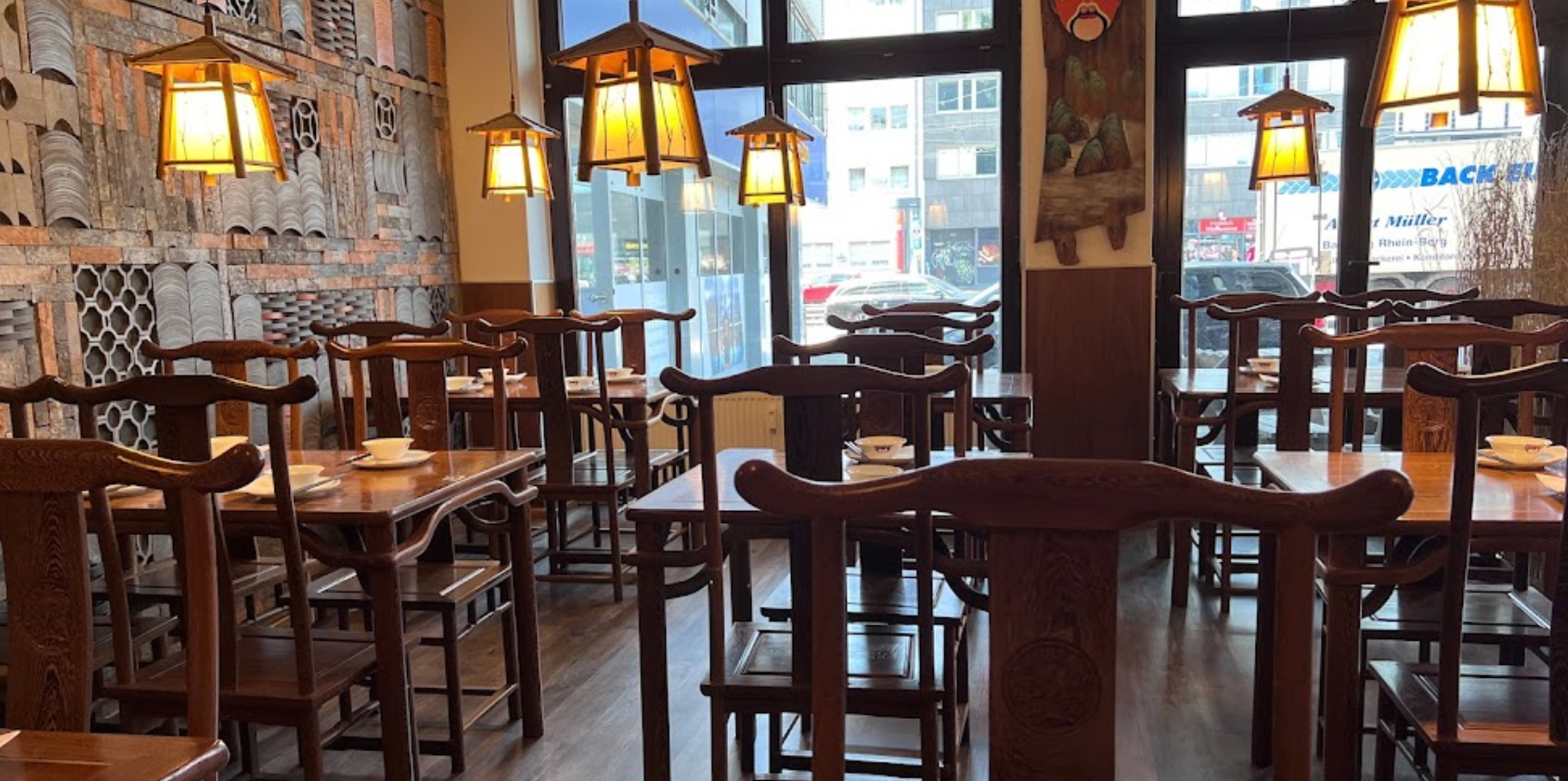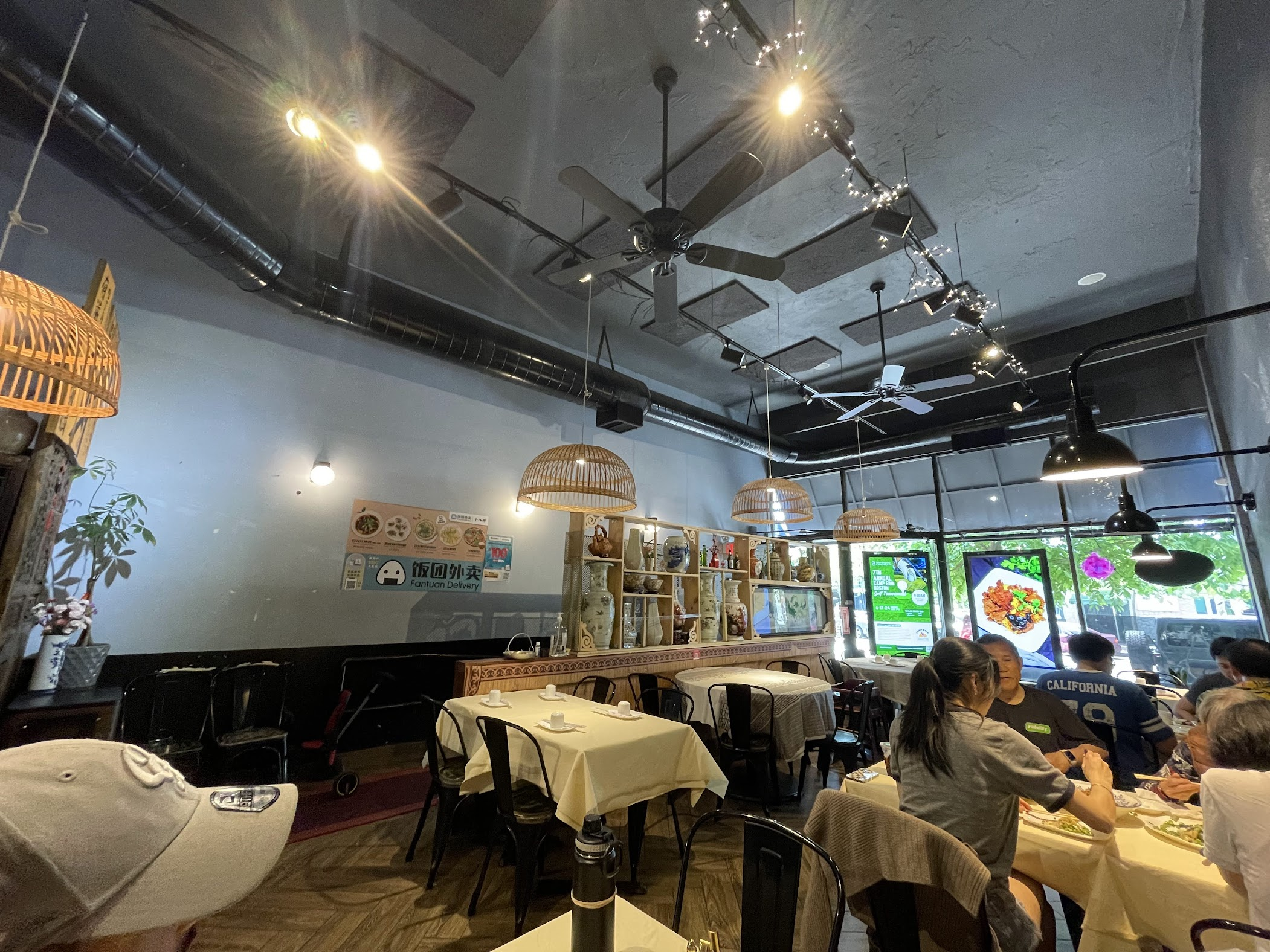What doesn’t it look like?
Go to this article and look through those pictures. That’s what happens when someone doesn’t have enough cultural understanding that they are fundamentally different, yet tries hard enough to fit in somehow. In this case, he really tried fitting in by spending tons of money on people who really do not care about him. Of course, if he actually somehow picked up the culture and was able to enjoy it, it would be different.

I would know, as I know a lot of people who went to UGA, it being an in-state school.
The consequences of not understanding why you don’t fit in leads to a lifetime of estrangement, sadness, and confusion. A high school friend’s grandfather from Taiwan seemed to never ‘get’ the culture in Georgia. He didn’t get pets. He didn’t get sports.
The consequences of understanding why is simply correlated with your ability to withstand being by yourself and understanding what you stand for.
The world is a big place. If it doesn’t feel right, it might not be you. It’s them. Still, there’s a huge opportunity cost if you aren’t born into a milieu where you’d naturally make friends. You spend so many years there and it counts for naught.
Corollary: People self-sort into ethnic groups once they enter college. Seen it over and over again. It’s even mentioned in Obama’s memoir.
On colleges: https://old.reddit.com/r/Swarthmore/comments/18pev2f/to_south_asians_considering_swarthmore/
Family history, connection, boringness, culture
The fascination that some Americans have with different percentages of ancestry from the Old World is a need within every human to need to be rooted, to feel as if they belong, and to have a tradition of culture and history. (or for some it’s a curiosity thing, not that deep.) But what people don’t realize is that the degrees of distinction in the Old World are higher: historically, the regional takes place over the national. Specific city dialects and customs give a history meaning, not reciting percentages without reason.
Moreover, it’s not that people living in the United States have no history: it’s that a corporate culture has replaced the traditions of food, the media has replaced knowledge and family practice, and suburbanization has destroyed historical city centers. There is a rich culture but the schools do not teach the history sufficiently well. It’s no wonder that the most common way people try to relate to each other is by the content they consume.
Generally speaking, having a mutual interest sometimes takes precedence over ones’ skin color. We make software first and foremost, or we are certain sports players, or we do XYZ. Of course, certain industries tend to be more diverse than others: these include research, technology, and academia in some regards. And in these instances, I wouldn’t say people don’t feel left out in the way a foreigner feels in Tokyo. You can feel it based on the way attention is allocated based on the natural communication patterns of a person.
The communication patterns are also very different. In American workplaces, people who talk a lot are seen as leaders, competent, and rewarded by management. In groups where the culture is different, people who talk so much like that are shunned for not saying anything useful. The funniest example of this I saw was sitting in a research lab meeting with a bunch of international Indians and Chinese people, and this white dude and black dude started talking with the humorous communication style common to the United States, and everybody just stared at them. Once you understand that all of politics is a numbers problem, you can quickly leave situations where things are not favorable. And you have to count your numbers to know what sort of force you can bring up in a room if you ever do get into a verbal conflict because verbal disagreement is the first step to anarchy.
I also think at the most basic level, most things are boring. If you spend time with average Americans, you go to Top Golf, watch The Bachelor, watch sports, watch movies and so on. If you spend time with average Chinese people, you go out to restaurants, play ping pong, get boba, and go to KTV. All of the aforementioned is boring, but based on your cultural background, you might feel more connected if you are with a group you get along with. I think curiosity is also a big factor for relationships, but just because someone is from somewhere else, it doesn’t make them a good or more interesting person.
I think it’s more dangerous to not have any culture at all than to have a different culture. Lee Kuan Yew noted this and made children learn an ethnic language rather than only English. If people move toward the ‘mainstream’ culture, they consciously reject their background and become confused in their hearts and minds. If people move away, then they pick up hollow symbols to reassert their identity and uniqueness. (see Ibram Xolani Kendi originally being called Ibram Henry Rogers) Either way is a bad option because neither are truthful. The richness and depth of thought required to know a culture and how it cannot be trivially manifested underlies this struggle many find themselves in, especially in the United States, where people are reduced to the color of their skin and culture has been destroyed.
Ultimately, I think the best answer is to develop some interest or skill deeply instead of moving one direction or not even ‘just socializing’ even with groups that might have similar cultural affiliation. When I feel restless and bored with a group of people, that’s a good sign that they’re the wrong fit.
The culture passes you by
The two Chinese restaurants I went to in Boston were comparatively bad based on my experiences. They are people of ethnic descent who immigrated to a country, set up a restaurant, but couldn’t keep up with the pace of change. The furniture uses hollow symbols as motifs. Modern Chinese restaurants such as Hoefchen in Cologne or Ten Second Rice Noodles in Atlanta aren’t like that.


The black population in Boston kind of felt like that as well. It’s a big difference between how they are outsiders in Boston and exaggerate their behavior like so versus a normal middle class in Atlanta.
On modern trends
Actually, I think younger people are more racist than older people, that is, more likely to hate someone on the basis of their skin color. At least in the West, older people have lived through the race riots, civil rights movements, and are likely more appreciative of non-violent co-existence.